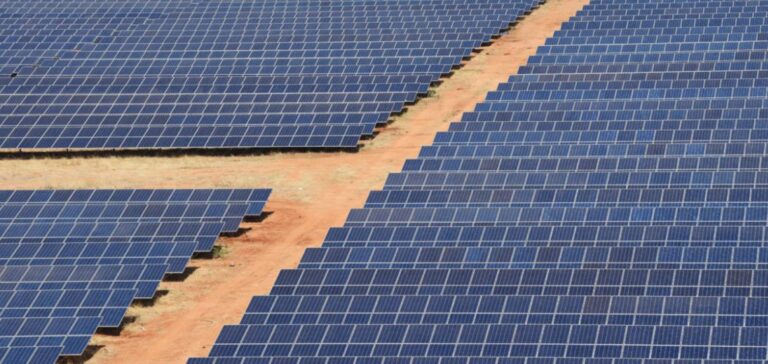Indian investors in the carbon credit sector are redirecting their funds to carbon removal projects such as afforestation, improved cookstoves, REDD+ and biochar. This reorientation is motivated by weak demand for renewable credits on the voluntary carbon market, and growing concerns about the reduced additionality of renewable projects. India is also turning to coal to meet its growing energy demand.
Redirecting investments
For several months now, biochar and afforestation projects have been attracting increased investment in India. Biochar credits, for example, trade at between $130 and $150/tCO2e, compared with just $1.4/tCO2e for renewable energy credits. Renewable projects become financially self-sufficient through the sale of electricity, making it less attractive for investors to generate income via carbon credits.
Credits from renewable projects, based on emission avoidance, sell for less than those from sequestration projects, which are more popular on the market.
Market problems and excess credit
The voluntary carbon market has also been affected by integrity problems, dampening global demand. For example, Verra Carbon Standard has suspended several stove projects due to suspicions of overissuing credits. In addition, an overabundance of revolving credit is limiting demand. In June 2023, 9 million tonnes of revolving credit were issued, up 49.7% on the previous month.
Developers continue to certify new renewable projects, but those seeking substantial revenues are now exploring other, more profitable segments.
Market outlook and realities
Renewable energy projects continue to attract investors, as they can generate credit quickly and at lower cost than nature-based projects, which require more time and resources. Some market players are forecasting a slight improvement in demand for carbon credits in the second half of 2024, although credits from sequestration projects are likely to continue to attract a premium.






















